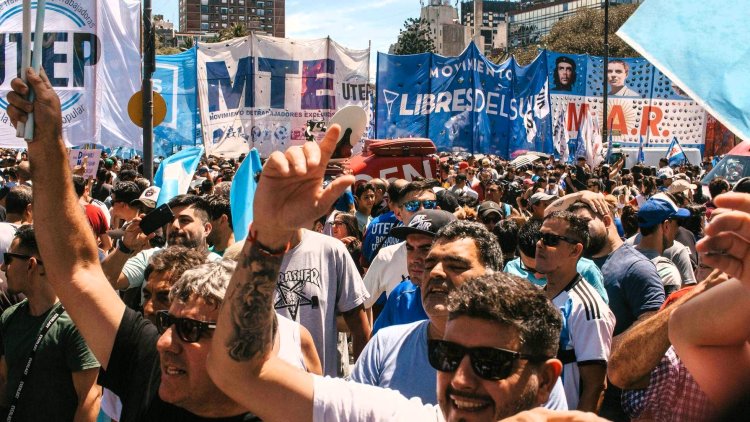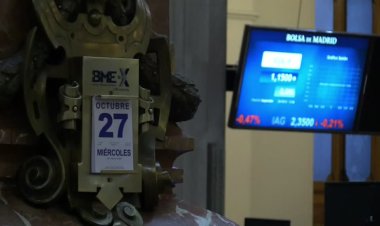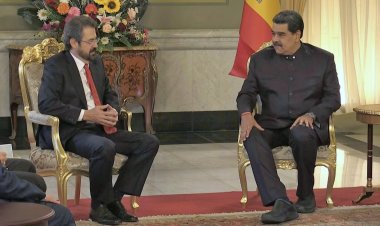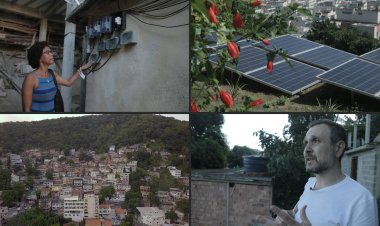Argentina's Milei Faces Strike

Argentine President Javier Milei faces the second general strike against his adjustment policies.
The measure left the rail and port transport terminals and the airport of the country's main city semi-deserted, where activity was interrupted with hundreds of rescheduled flights.
Some buses that did not fold to the force measure circulated during the morning, although with few passengers, while the traffic of private cars was similar to that of a non-working day.
Called by the majority General Confederation of Labor (CGT), the 24-hour strike does not foresee a mobilization in the streets.
The CGT accuses the ultra-liberal Milei government of lacking "social dialogue" and implementing "a brutal adjustment that the lowest-income sectors, the salaried middle classes, retirees and pensioners especially suffer."
Argentina is experiencing a strong economic recession, with inflation approaching 290% year-on-year and a fiscal adjustment that allowed the first surplus since 2008 in the first quarter of the year, but at the cost of thousands of layoffs, elimination of subsidies, increased rates of public services and deterioration of salaries and pensions.
Industrial activity accentuated its collapse in March with a year-on-year drop of 21.2% and construction sank 42.2% in the same period, reported the Indec statistical institute.
The general strike is the second against Milei's policies after the one carried out on January 24 in a framework of almost daily marches and demonstrations against the adjustment.
Nearly 400 flights were canceled and 70,000 passengers were affected, according to the Latin American Air Transport Association.
In Buenos Aires, banks, public schools and most fuel stations did not provide service and garbage collection was not carried out.















